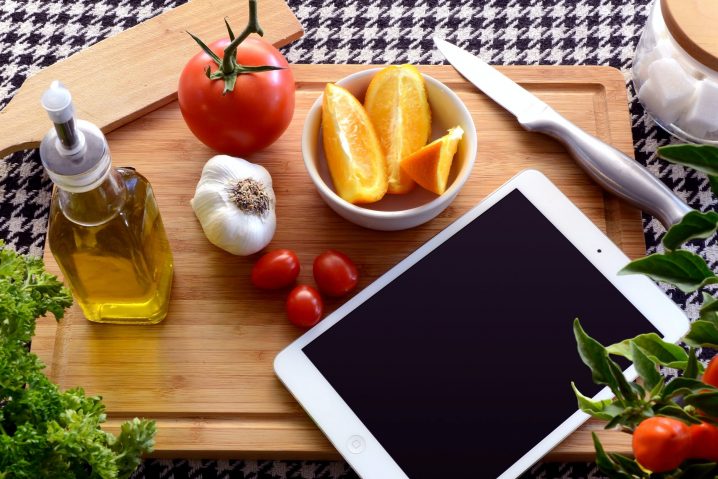As millions of people around the globe now face the prospect of losing their businesses, jobs, and savings due to the impact of the coronavirus, everyone is concentrating more on ways to cut costs at home.
Plus, with sustainability top of mind for many, there’s never been a better time to examine your level of food wastage. There are ways to dramatically reduce how much of your food ends up in the bin each week. You just need to follow a few simple yet effective steps.

Plan and Shop Strategically
Firstly, it makes a big difference if you plan what you need to buy rather than choosing goods at the shops with no particular clarity or direction. Work out the meals and snacks you want to consume over a week, see which ingredients you already have on hand, and only buy the food you need to complete your list.
When you create a plan for yourself, it stops you from buying things you already have, so don’t need. It also means you aren’t so likely to be tempted to get additional groceries that you and your family won’t get around to eating in time. Try to avoid shopping when you’re hungry, too, as this increases the likelihood you’ll buy unnecessary things. Plus, check use-by dates when shopping, so you don’t pick groceries about to hit their expiry point.
To shop smarter, consider buying your food online. This reduces the chances you’ll pick up any bugs in-store and means you won’t have “too-good-to-pass-up” deals or treats staring you in the face while you shop. Then, when you unpack your groceries at home, don’t put all the new food at the front of your fridge and pantry. Instead, move older groceries to the front. This way, you’ll use them up first and shouldn’t have to throw out spoiled food you’ve forgotten about.
Be Creative
Another way to create less food wastage is to be creative. Rather than always buying new items to make up your go-do dishes, utilize all the food in your kitchen. Try new recipes or come up with your own creations. If you’ve run out of a particular ingredient, swap it with something else you already have.
Websites and apps can help you combine different items, too. Input the ingredients you already have, and the tech tools will suggest recipes using those things. Also, just because some foods don’t look as fresh as they did on the day of purchase, and fruits and vegetables might look wilted or marked, this doesn’t mean they’re inedible.
If you don’t feel comfortable eating the goods fresh, use less-than-perfect produce in recipes such as casseroles, sauces, soups, muffins, smoothies, and roasts. Also, make use of items, including herbs, by grating or chopping them up and freezing them for later use. Put things in small freezer bags or containers with labels. Then, when you need a finite amount of an ingredient in the future, it’s ready to go.
Get Your Appliances Working for You
Today, we’re lucky that we have fridges and freezers to help us store food effectively for longer, as well as microwaves and ovens to reheat food when we’re ready to eat it. To reduce your level of food wastage, be proactive when it comes to using your appliances. Pack leftovers into tightly-sealed containers so you can enjoy them the next day or later, or store them in the freezer for times when you don’t feel like cooking something from scratch.
You’ll get the most out of your food if you keep your refrigerator and freezer well maintained and running at the optimum temperature, too. Keep an eye on the temperature level so food stays fresh. If you notice any issues with goods not remaining cold enough, call in a professional refrigerator repair person to inspect the appliance and repair it as necessary. Also, check the seals on fridges and freezers every few months to ensure they remain effective.
Compost Anything You Can’t Use
Even when taking the steps above, you may still have some food you can’t use or that goes off for an unavoidable reason. If this happens, compost it rather than putting it in the bin where it will go to a landfill. Much food is compostable, including fruit and vegetables, eggshells, cooked and uncooked grains, bread, pasta, cookies and cakes, boxed pantry items, and more.
Don’t put meats or meat waste, seafood, or oils in your compost, though, as they can make it smell, attract maggots and scavenging animals, and affect the nutrient balance within the contents.
Food wastage is a big issue in the United States and many other countries. It contributes significantly to landfills and is a waste of money to boot. Follow the steps above this year, and your contribution to food waste will shrink right down.



